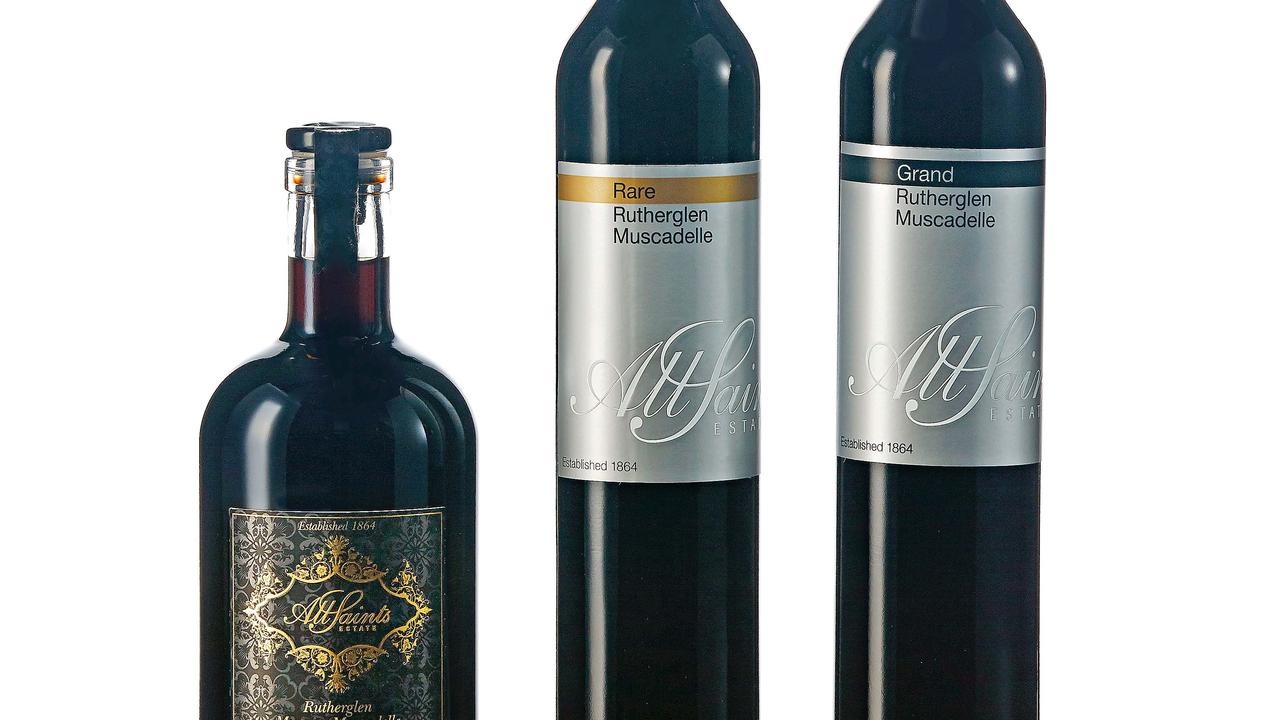Ten Questions: Michael Harari, paediatrician, 58
THE Melbourne paediatrician went to Israel but was soon treating children fleeing Syria’s savage conflict.

YOU wanted a big change when you left Melbourne’s Royal Children’s Hospital three years ago to work at the Ziv Medical Centre in northern Israel, but you got more than you bargained for. What happened?
I wanted to have a busy working life, but live in a quiet, out-of-the-way place and have goats and chickens. But Ziv is only 35km from the border with Syria and the conflict there began almost as soon as I arrived. In February last year, casualties started coming across the border to us.
The hospital has since treated 267 Syrians, 57 of them children. What kind of wounds did they have? Shocking. They all have blast injuries, which do an extraordinary amount of damage. Nails and bolts in the belly, chest and bones.
One eight year-old girl was so traumatised that she hid under a blanket for nearly a month, not eating and mute. How is she doing now? She is much better. And so far she has kept her right leg, which was shattered by a shell that landed in her yard while she and her mother were hanging out the washing. So as not to inflict any more suffering, I gave her a general anaesthetic every time she needed a painful procedure. We also kept her mother, also badly wounded, with her.
What other techniques work with wounded children? We normalise things as much as we can; we have a school at the hospital. We also use clowns. I was a bit sceptical about clowns in hospitals but this has completely won me over as a distraction for the child.
Had any of the children been targeted by the combatants? It’s hard to tell. Unfortunately we think some families have been targeted on return to Syria, so we do what we can to avoid that — I write their discharge letters in English and on plain paper, not [Hebrew] hospital letterhead.
You also spent eight years in Israel in the ’90s. Why the strong sense of connection? Apart from being Jewish, my family comes from the Middle East. My parents were born in Egypt and came to Australia in 1948. One reason I chose the Ziv was that it serves a catchment that is one-third Jewish, one-third Arab and one-third Druze. It’s a very egalitarian place — almost a dream in the mess of the Middle East.
What are the memorable moments? Eating in the ward dining room with the children and their families — Syrians who have been told for generations that we are devils and should be driven into the sea. Here we are having breakfast and slapping one another on the back. The most bizarre moment was when they fished a live hand grenade out of the pocket of a teenage boy in Emergency.
How do you manage your own distress? It’s small compared to the patients’, but talking helps and I’m blessed to have a few friends; also, the dog is a good listener!
You trained in intensive care medicine but your most recent speciality in Melbourne was child and adolescent incontinence. Why choose that? There was a huge unmet need. Historically it’s been regarded as a psychological issue but increasingly it’s clear there is a genetic underpinning. Once you bypass the psychology and get rid of the physical aspects most children get better, quickly. It’s tremendously satisfying.
You’ve just become a father and you’re on leave from the Ziv. What’s next? I should probably wind down the acute medicine and do more of the incontinence stuff. I have set up a clinic in the hospital; there is massive demand in later childhood and adolescence.



